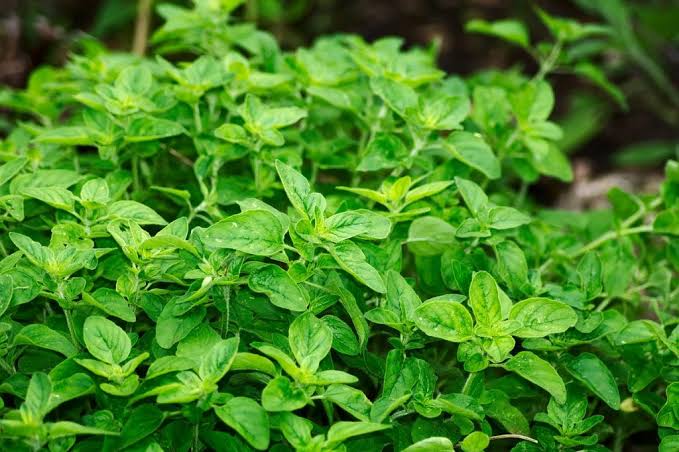
Nigeria, a country rich in culture and biodiversity, is home to a plethora of herbs that have been used for centuries to promote health, wellness, and spiritual growth. From the bustling markets of Lagos to the rural villages of the countryside, herbs play a vital role in the daily lives of Nigerians.
The Story of Scent Leaf
In the small town of Ogbomoso, there lived a young girl named Nneoma. She suffered from a persistent cough that refused to subside, despite her mother’s best efforts to treat it with conventional medicine. One day, a wise old herbalist recommended a tea made from scent leaves (Ocimum gratissimum), a common herb found in many Nigerian gardens. Nneoma’s mother prepared the tea, and within a few days, the cough had vanished. From then on, scent leaves became a staple in their household, used to treat a variety of ailments from colds to fever.
The Legend of Ginger
In the northern city of Kano, a legend tells the story of a great king who suffered from a terrible stomach ailment. His royal physicians tried every remedy, but to no avail. One day, a humble farmer suggested a ginger infusion (Zingiber officinale), which had been used for generations in his family to soothe digestive issues. The king was skeptical, but desperate for relief. To his surprise, the ginger tea brought him instant comfort, and he was soon back to his royal duties. From then on, ginger was hailed as a miracle herb in the kingdom, and its popularity spread throughout the land.
The Magic of Mint
In the southern city of Port Harcourt, a young man named Chukwu struggled with insomnia, unable to sleep due to the sweltering heat and humidity. A friend recommended a pillow stuffed with fresh mint leaves (Mentha piperita), which had been used for centuries to promote relaxation and calmness. Chukwu was skeptical, but desperate for a good night’s sleep. To his surprise, the mint leaves worked wonders, and he soon found himself drifting off to sleep with ease. From then on, mint became his go-to herb for a restful night’s sleep.
The Power of Neem
In the ancient city of Ibadan, a wise old woman named Iya Agbeke was renowned for her knowledge of herbs. She would often prescribe neem leaves (Azadirachta indica) to treat a variety of ailments, from skin conditions to digestive issues. One day, a young boy named Tunde came to her with a severe case of ringworm. Iya Agbeke prepared a neem leaf paste, which Tunde applied to the affected area. Within days, the ringworm had disappeared, and Tunde was back to playing with his friends. From then on, neem was hailed as a miracle herb in the community, and its popularity spread far and wide.
These stories illustrate the importance of herbs in Nigerian culture and traditional medicine. From scent leaves to ginger, mint, and neem, these natural wonders have been used for centuries to promote health, wellness, and spiritual growth. As modern medicine continues to evolve, the traditional knowledge of herbs remains an integral part of Nigerian heritage, passed down from generation to generation.




